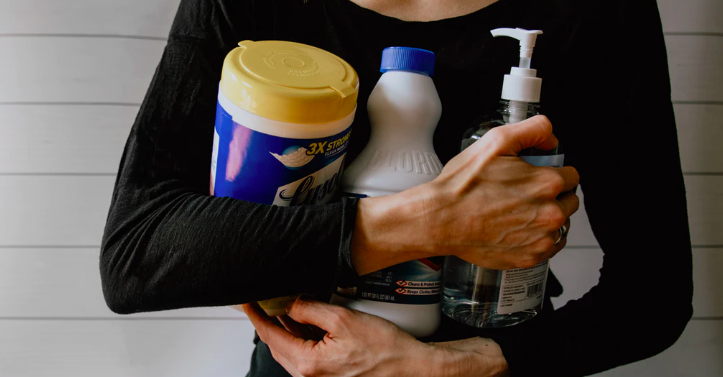While the coronavirus pandemic continues to grow in South Africa, we have to consider those who have no access to sanitizer, toilet paper, non-perishable goods and other items.
Across the country, empty shelves are lining supermarket aisles. Toilet paper, Vitamin C, sanitizers and medical supplies are rapidly becoming unavailable.
Hoarding essential items can be detrimental to the members of your community and so, collectively, Capetonians need to stop panic buying. This will allow for more people to have access to essential items, ensuring nothing goes to waste.
View this post on Instagram
It’s also imperative to keep in mind the less fortunate in times like these. Those who cannot afford the luxury of hygienic sanitizers and immune boosters are especially vulnerable.
How do you self-quarantine in an informal-settlement? Or in a household full of people? How do you ‘stock-up’, when you live from hand to mouth? What will business closures mean for daily/hourly waged workers? Asking for a continent.
— Everjoice Win (@EverjoiceWin) March 14, 2020
Here are some tips on how you can help ensure the safety of yourself and others during the coronavirus outbreak:
Make your own sanitizer
If you have bought sanitizer and it’s coming to an end, don’t throw the bottle away. Rather, make your own hand sanitizer at home, refill the bottle and give it to someone in need.
Here’s how:
– In a bowl, combine ⅔-cup rubbing alcohol (99% isopropyl alcohol) with ⅓-cup aloe vera gel. The amount of alcohol has to be adhered to so you’re ensured your hand sanitizer can be applied and dry.
– Stir all the ingredients together.
– Take a funnel and decant the mixture into a bottle.
– If you would like your hand sanitizer to have a more appealing smell, add a few drops of your favourite essential oil.
If you’re going to stock up on non-perishables, allocate a portion for donation:
Canned beans, corn, soups, fish, long-life milk, cracker breads, pickled foods and dried fruit are all items that have an extended shelf-life and can be easily opened for consumption. For canned goods, ensure there is an easy-open ring on the top. Canned fish, like tuna, pilchards and sardines are a good source of protein and may be helpful in boosting someone’s immune system.
Personal care and hygiene products:
Food is very important and so are personal care and hygiene products. Sanitary products, hand sanitizers, body sanitizers, hand or wet wipes and disinfectant sprays are all items that you can donate to someone in need. If you can afford to stockpile even one of these items then doing so would be hugely beneficial to someone who desperately needs it.
Support SME’s:
The local corner shop is in need of your business, now more than ever. The bottom line of various retail giants may be impacted as a result of the coronavirus. The loss of income, however, for small to medium enterprise owners will be far more detrimental. Their livelihood depends on their daily sales. While the shelves of many big name brands are running empty, these stores remain stocked. Take to your local corner shop to replenish the items you may be struggling to find elsewhere. Your support of a small, locally owned business goes a long way.
By thinking collectively and as a community, we will be able to bring some humanity to the current situation. We are all liable for our own safety, but we should not be selfish. Rather be prudent and selfless where possible. Also avoid spreading fake news as the negative impact of this can be monumental.
President @CyrilRamaphosa calls on all South Africans to stop spreading fake and unverified news about #CoronavirusInSA. For more information on #Covid19 follow the link https://t.co/MVp3AxRaY0 pic.twitter.com/y47SIfE9O7
— South African Government (@GovernmentZA) March 16, 2020
Picture: Unsplash

